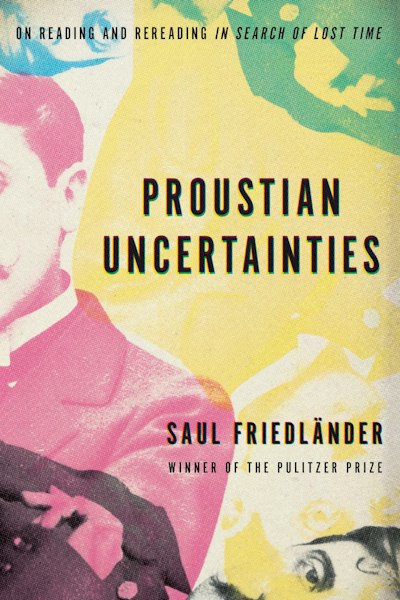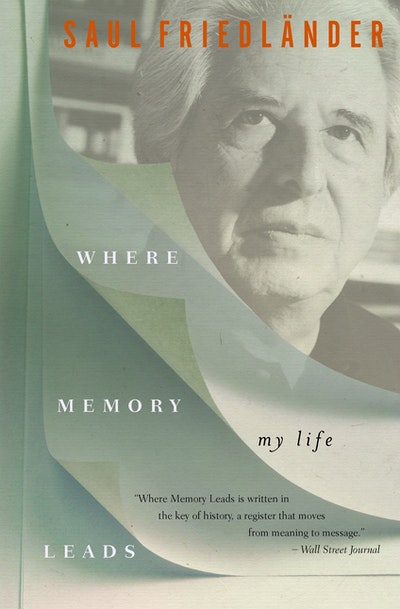- Published: 7 March 2023
- ISBN: 9781635423143
- Imprint: Other Press
- Format: Paperback
- Pages: 176
- RRP: $37.99
Proustian Uncertainties
On Reading and Rereading In Search of Lost Time
- Published: 7 March 2023
- ISBN: 9781635423143
- Imprint: Other Press
- Format: Paperback
- Pages: 176
- RRP: $37.99
“[A] haunting work…Friedländer has always imbued his scholarship with an acute literary sensibility…incisive and quizzical…[an] intimate and subtle book.” —Wall Street Journal
“[A] superb new book…Friedländer, the great historian of Nazi Germany and the Jews and also the author of his own Proustian memoir, When Memory Comes, argues that Proust’s narrator is a ‘disembodied presence unlike that in any novel before,’ and that it’s the relation of that presence to Proust himself that makes the Recherche, with its biting social satire, so unique.” —Times Literary Supplement, Books of the Year
“The pleasure of [Proustian Uncertainties] comes from…the author unspooling thoughts and venturing theories collected over many years about a book he clearly loves…By taking a bird’s-eye view of the novel, Friedländer notices continuities and contradictions that are hard to see from within the teeming thickets of Proust’s prose.” —Harper’s





